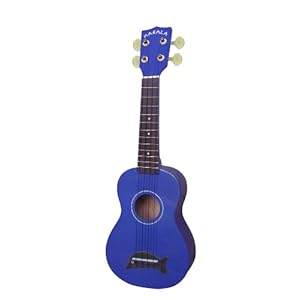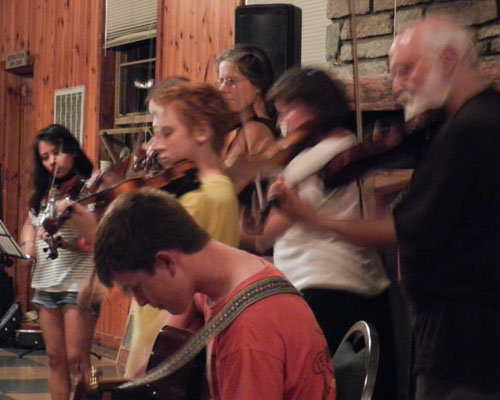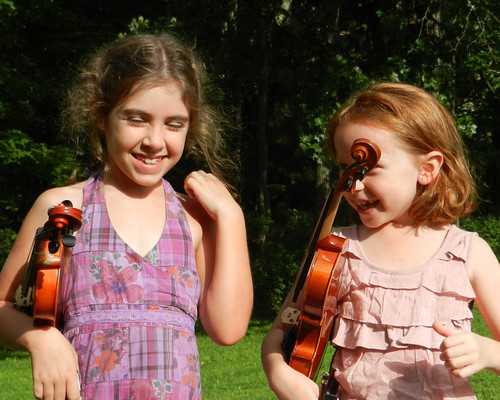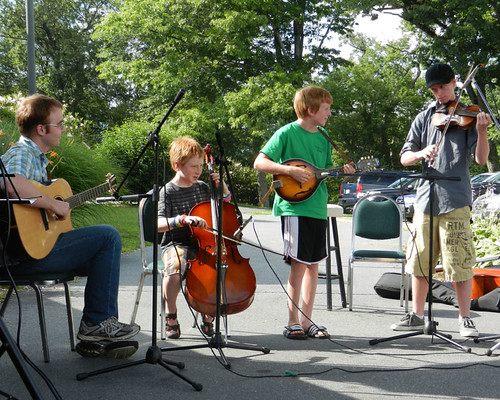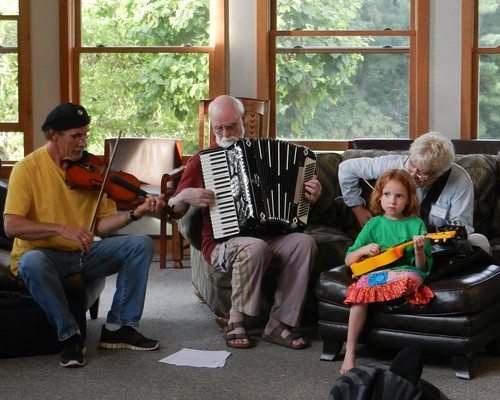I'm SO looking forward to reading and writing with your children. The material we're going to be working on is stuff that I devoured obsessively when I was in middle school -- my goal is that at least a few of the kids in this class will get bit hard by the sci-fi bug and become scifi geek nerd dork fans like I am! Science fiction is a great "gateway" for young students to begin talking about adult literature, as the themes and ideas are so overt and accessible, and there's plenty of action and adventure as well as characters to remember.
Here's how the class is shaping up.
TEXTBOOK:
We're going to be reading this short story collection: The Science Fiction Hall of Fame Vol. 1, 1929-1964, edited by Robert Silverberg. You can order it, get it from a bookstore, whatever. Kindle/Nook/iPad is fine, but it would be nice if the student could bring the device to class so we can refer to the text. Also, I'm not totally sure how the pagination works in the different e-versions, so it might be tricky for them to answer some of the discussion questions, as everything I produce will refer to the print version.
WRITING MATERIALS:
Each child must have some sort of notebook/composition book/journal/folder and paper/binder. They must also have a writing utensil. If they show up to class without these items, they will be visiting you on a weekly basis if necessary, to get them. :) I provide the weekly opportunity to have a meaningful conversation with your child about being prepared for class, but I do not provide weekly pencils.
HOMEWORK:
Each week we'll read one short story. I will have homework questions based on the story for them in several categories: Science Fact, Creative Responses, Craft of Writing, and Personal Reactions. They can choose what to focus on and how they want to interact with the text, and I encourage you parents to look at the choices and decide how to direct your child and what you want them to get out of the class. It can also change by the week, or they can mix and match questions and answers - whatever interests them for that week. I will be posting homework questions on the internet on Tuesday evening for each week's lesson. I'm going to be using Freedcamp, an online project management software to do organize information and interact with the students, and I will let you know very soon how to work on that. It has the capacity for group discussions, a reading timer where we can all log our reading minutes and try to get as many as possible as a group, and more.
I will also be flagging some vocabulary that might be unfamiliar, and assigning a brief writing task each week which can be emailed to me, uploaded to the site, or turned in in class if written by hand.
It is very, very, extremely, monstrously, volcanically important that they read the assigned stories. If you don't feel your child can keep up with at least that, then I love you, and your kid, but this class not for you. I understand we all get busy and this might not be a pedagogical priority for you -- if you don't have your kid doing homework, that's your decision, but if they don't at the very least read the stories, they can't participate. This is me, standing on the roof, with a megaphone: THEY MUST READ THE ASSIGNED STORIES. Don't make me do quizzes now. Because you know I will. I'd like them all to also log in and check the Freedcamp site at least once/week to look at the assignments, the to-do lists, the milestones, the discussions, etc.
PROJECTS:
Reading: Over the course of the semester, each child will read one longer work -- a sci fi novel of his or her choosing. The assignment will be to write at least one question in each of our homework categories, for this novel. I'll be giving out a list of suggestions.
Writing: Over the course of the semester, each child will write a short story -- a work of fiction between 500 and 5000 words. We'll be workshopping these in class a we go along, with the goal of revising, polishing, researching markets, and submitting our work for publication at the end of the term.
This is a meaty, academic class and this material I care deeply about. I intend to teach my butt off, and deliver a course that's on the level of a high school literature class. If this all sounds overwhelming, bail now! No one will blame you, and there's still time! But if it sounds awesome and right up your kid's alley then GREAT! I can't wait to get started.
If you're in (and you're registered for the class), please send me your preferred email and your child's preferred email, so I can add you both to the Freedcamp project site.




